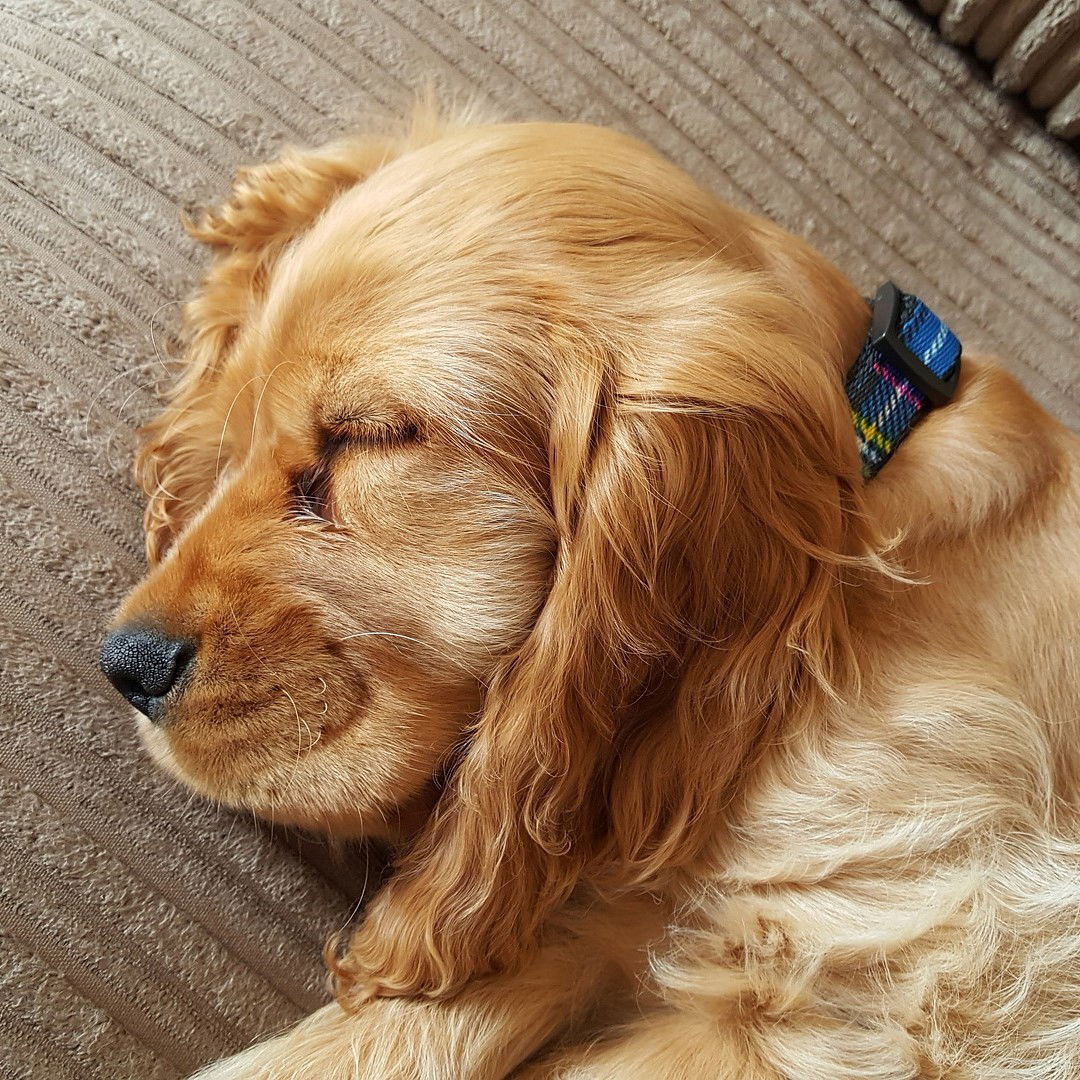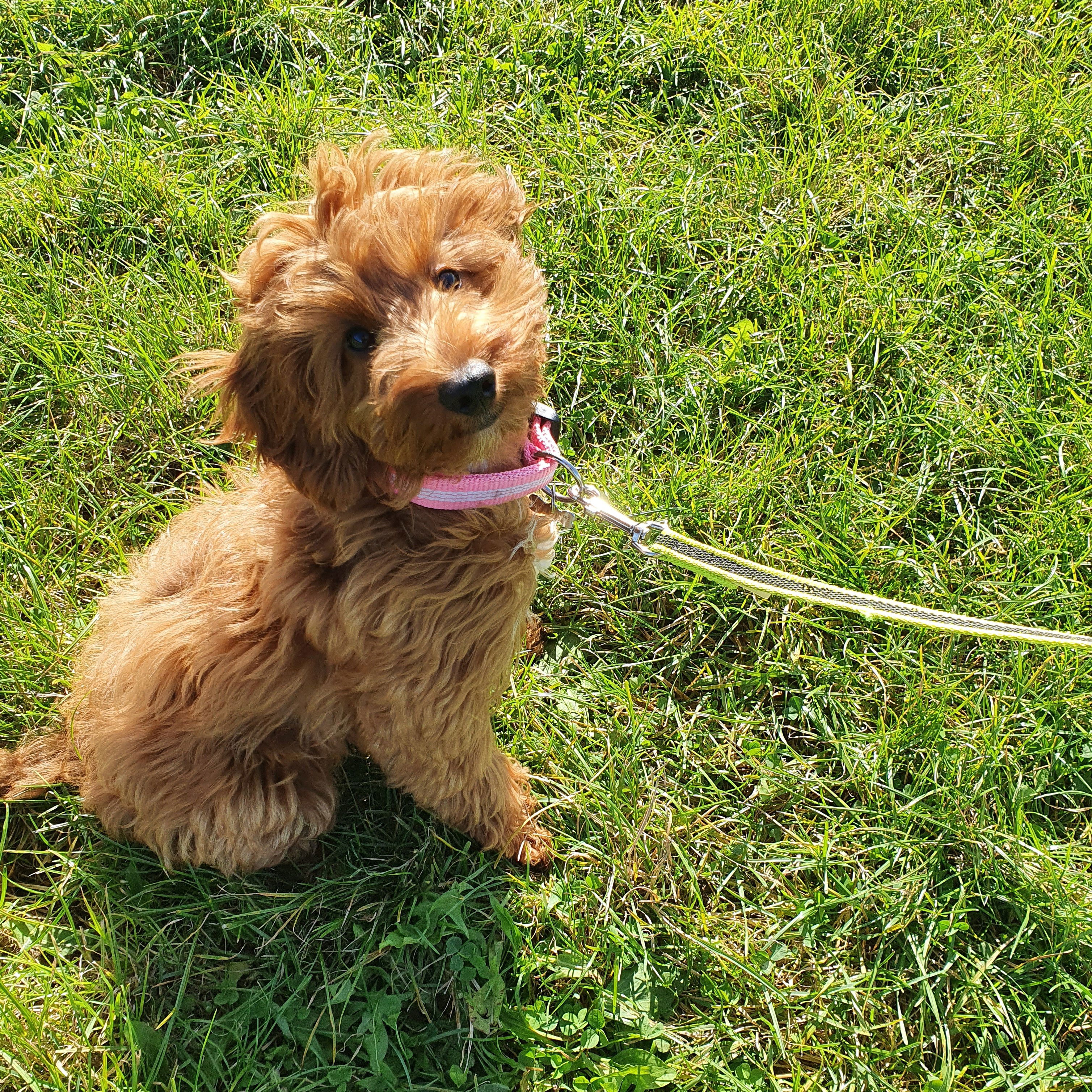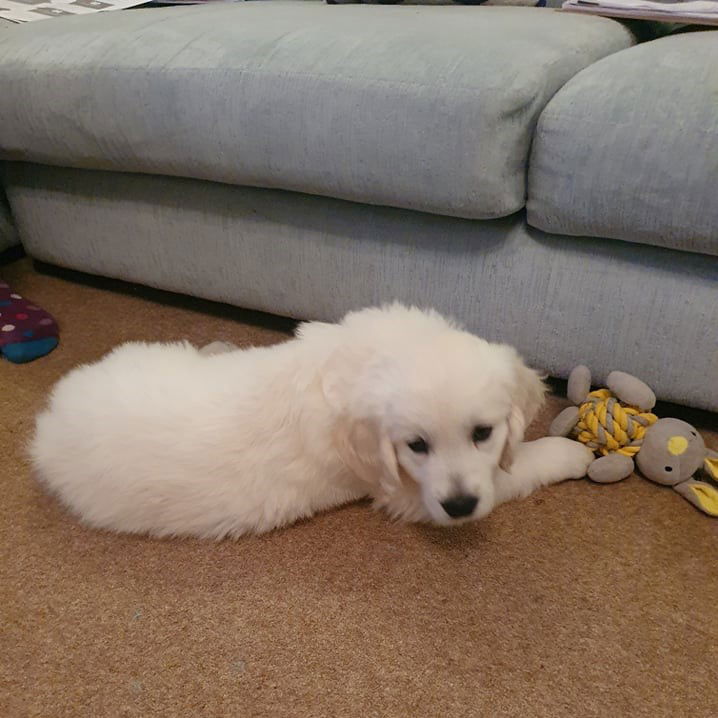Is it allowing your puppy to meet, approach and interact with any dog, person, or animal they encounter?
Or is it helping them become dogs well-adjusted, confident, and friendly in many environments and situations?
“Socialising” or “confidence building” you puppy to different environments, situations & other dogs and animals is such an important process that will help them navigate their way through their life in a happy and relaxed manner.

Here are some steps you can take give your puppy the best start in your life together. Which will build their confidence in many environments and situations
- It is important to begin as early as possible, ideally between 3 and 14 weeks of age. This is a critical period for learning as puppies are more receptive to new experiences during this time. As you will not be able to begin the process until they are at least 8 weeks after they are able to leave their mother & breeder, choosing a breeder who has already started the process will be beneficial to you both.
- Introducing them to various environments starting as soon as you can by using a buggy, or carrier to keep them off the floor until you are happy that they are immune from illnesses that affect very young puppies. By gradually exposing your puppy to different environments, such as parks, streets, pet-friendly stores, and other places where they can encounter various sights, sounds, and smells. Start with quieter and less overwhelming environments, and gradually progress to busier ones.
- Giving them positive experiences with people by Introducing your puppy to different types of people, including children, adults, and individuals of diverse ethnicities and appearances. Encourage people to wait for your puppy to approach them or not, If you puppy shows interest in the person ask them to crouch down slowly and talk to them quietly offering treats and praise making contact if the puppy ask for it. This helps your puppy associate people with positive experiences..

- Provide the opportunity for calm meetings other animals by arranging safe and supervised interactions with other vaccinated and friendly dogs, as well as other animals like cats or small animals. These interactions should not be a free for all, but short meetings to teach your puppy to make and receive appropriate social cues and help them learn to communicate and interact with others.
- Introduce positive handling as soon as possible by handling your puppy's paws, ears, mouth, and body, gently and positively, to help them become comfortable with being touched. Starting by doing this when they are calm and comfortable. This will make vet visits, grooming, and other necessary handling easier in the future.
- Exposing them to different sounds by Introducing your puppy to various sounds like vacuum cleaners, doorbells, car horns, and other common noises. Starting at low volumes and durations before gradually increasing. Pair these sounds with treats and play to create positive associations.

- Reward behaviours that you would like repeated, such as calm and friendly behaviour, settling in different environments and during new experiences, rewarding these behaviours with treats, praise, and affection. This is known as positive reinforcement and helps them associate wanted behaviour with positive outcomes.
- Be patient and consistent, “socialisation” or “confidence building” is an ongoing process that requires patience and consistency. Gradually increasing the duration and intensity of the interactions, but always at a pace that your puppy is comfortable with. Remember to always prioritise the happiness, needs, safety and well-being of your puppy and any other parties.

“Socialisation” and confidence building should be a positive and enjoyable experience for your puppy. By Introducing them to various people, animals, environments, and experiences in a positive and controlled manner, so you can help them develop into well-adjusted, confident, and friendly in all environments and situations.
If you have concerns or need additional guidance on helping you build your puppy’s confidence in the above or any other situations a professional dog trainer or behaviourist that offers gentle, rewarding & pain free methods such as Speaking Puppy & Adolescent Dog who can provide personalised advice and assistance based on your puppy's specific needs.
Click Here to contact Gill at Speaking Puppy & Adolescent Dog training programmes
07595 217299